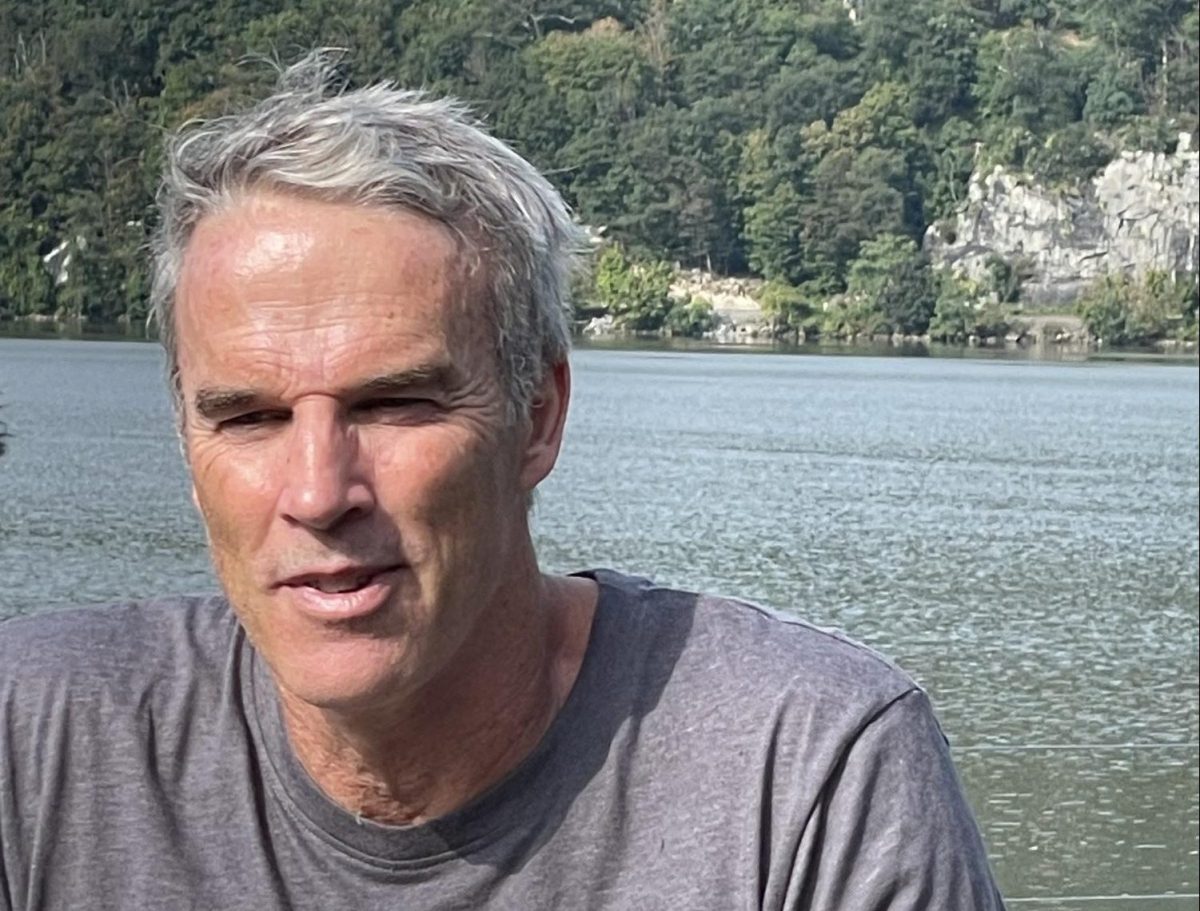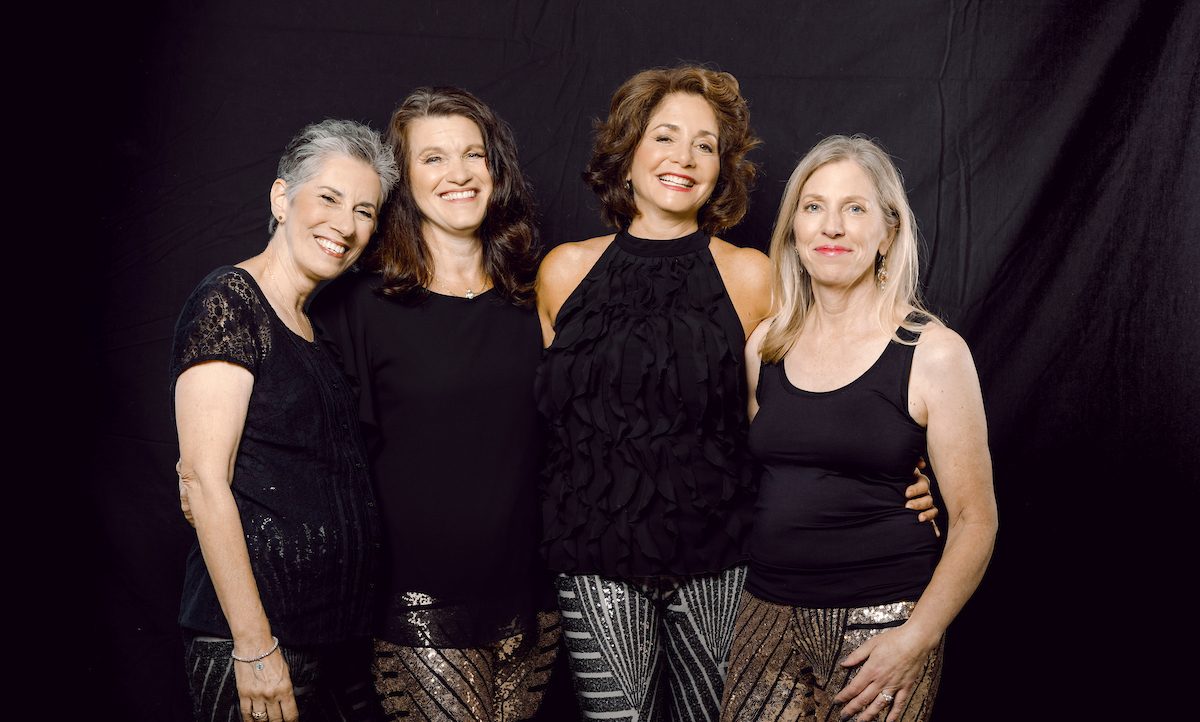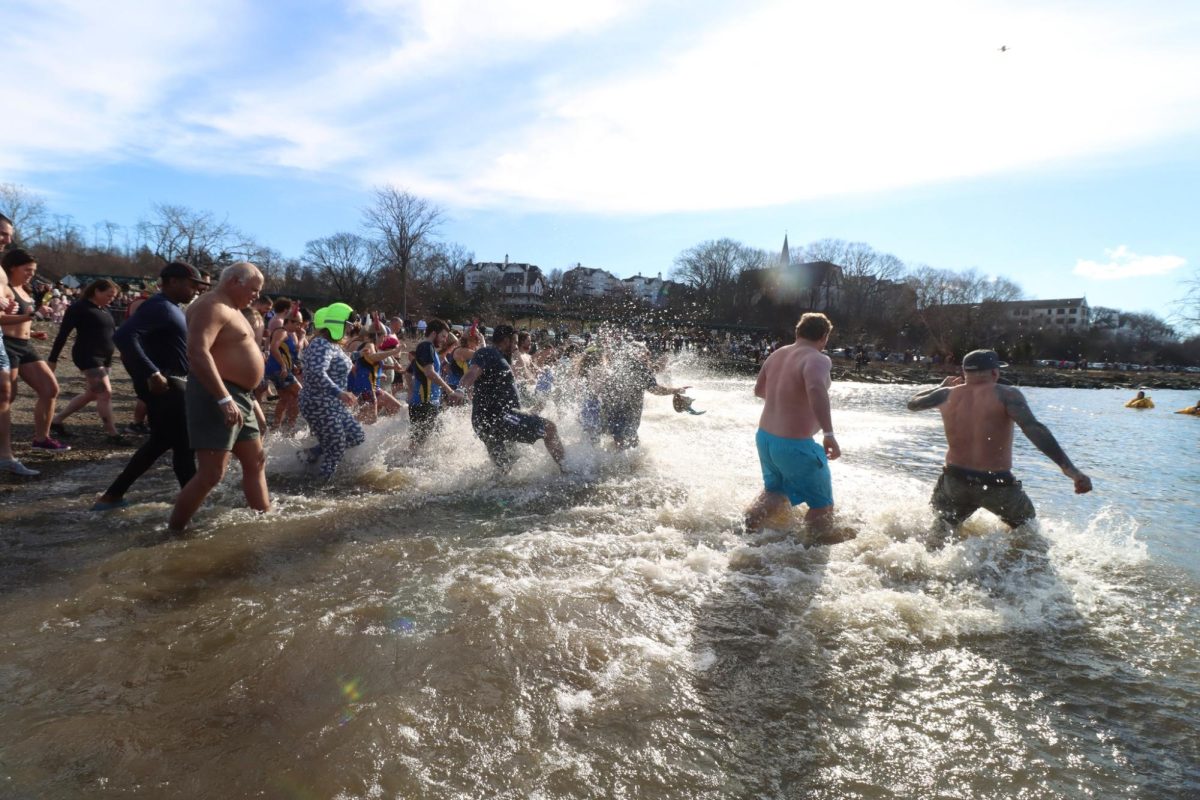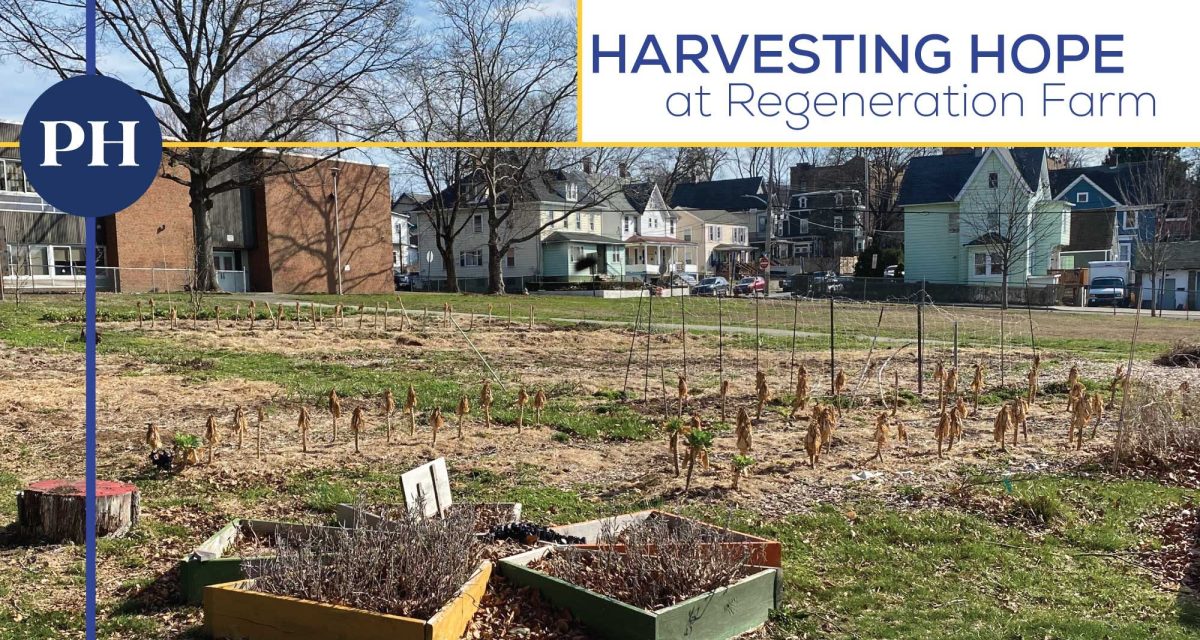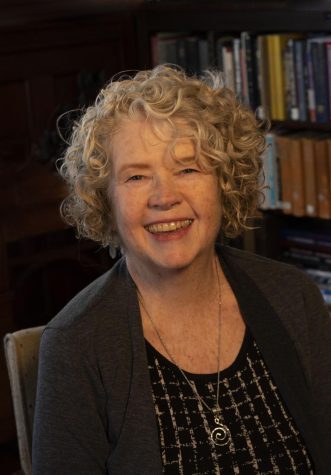When Lewis Pugh found practicing maritime law becoming uninspiring, he began advocating in a dramatically different fashion. He started swimming in the world’s waterways to draw attention to the need to protect them.
He’s made his case in a powerful way: through his swims, he’s helped to preserve some 2.2 million kilometers of oceans, (an area the equivalent of Western Europe), through adoption of Marine Protected Areas (MPAs) which limit overfishing, pollution and climate change.
On Friday, he swam past Peekskill on his way to New York City where he will be addressing the United Nations about the importance of protecting the world’s oceans. To illustrate this point, the endurance swimmer undertook a feat that’s never been accomplished before: he intends to be the first person to swim the length of the Hudson, all 315 miles, from its headwaters in Lake Tear of the Clouds in the Adirondacks – to New York City’s Battery, wearing a Speedo bathing suit, a cap and goggles.
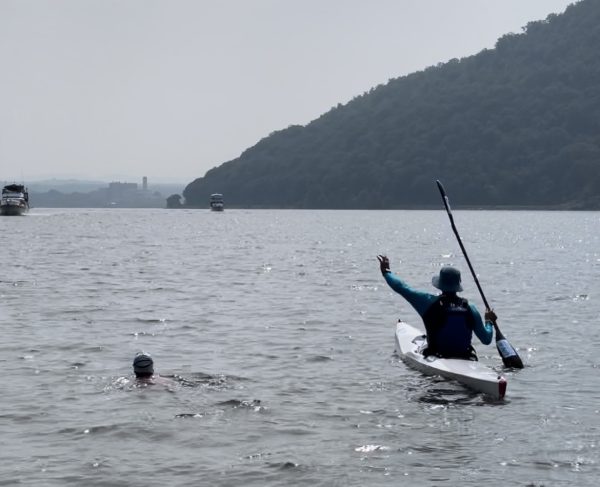
The storm that came up quickly on Thursday night was something that Pugh said he hadn’t seen in the 36 years he’s been endurance swimming all over the world. “What was surprising was the speed. It was wild. I’ve been down in Antarctica and seen storms, but they had been slowly brewing. This came in a squall. I got out of the water and waited about 20 minutes and started swimming again and a second one came along.” That’s when he got out of the water for the evening.
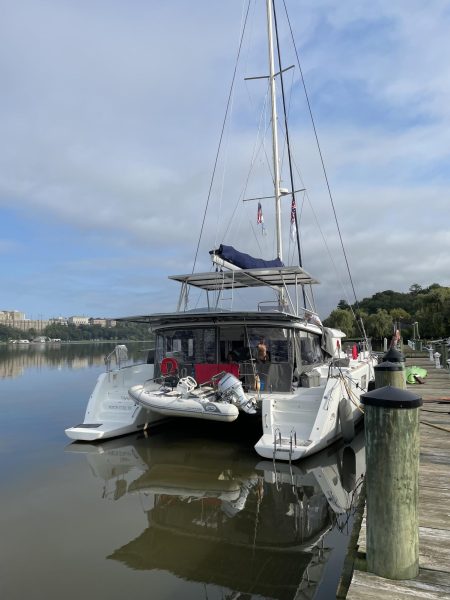
He noted how beautiful the river is. “She changes as she goes down.” In the narrow parts north of here, where there were people on both sides watching him, he would zig zag between the east and west shores. But Pugh won’t be doing that as he approaches the widest part (Haverstraw Bay) – where the Hudson is a full three miles across.
Pugh is a man who looks intently into people’s eyes when he speaks, and talks of the need for people to take a voyage in their life, “to start high up in a mountain but be prepared for every day to be different.”
“This river’s seen an awful lot. First there were the beavers, and then the forests – and the wood that was taken to build factories. But it’s been cleaned up. A river sends an incredible message about hope and it sends it around the world. It says to other rivers, ‘one day your river can be clean.’”
On his journey along the Hudson, Pugh said he was especially impressed with how Marist College considers the river to be part of its campus. He noted that students drink the water from the river, swim, row and compete in sports on the river. He was heartened to have President Kevin Weinman and his wife Beth join him in the water with members of the Marist swim and water polo teams.
Pugh said he had “a dream of one day seeing a vice chancellor of a university in England swimming in a river with students. It’s not possible now because our rivers are so dirty.” He noted that what he saw at Marist in Poughkeepsie is “where hope and leadership come together.”
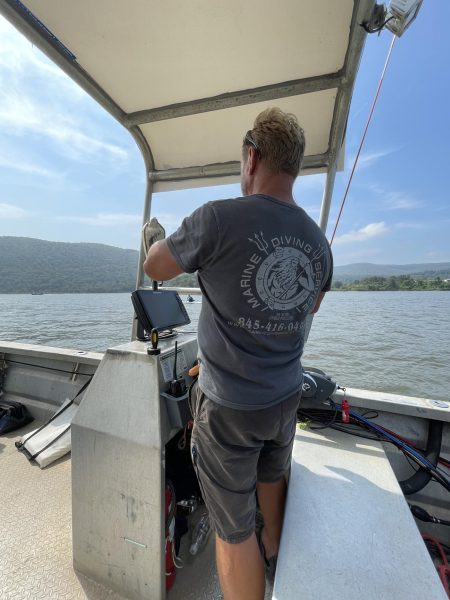
Pugh, who is 53 years old, was born in Plymouth, England and grew up in South Africa. He said that all of Great Britain’s explorers have set out from Plymouth, including Sir Francis Drake.
The Lewis Pugh Foundation was founded in 2015 to take meaningful action to properly protect oceans. “We cannot tackle climate change without including large-scale ocean protection. Protecting oceans alone won’t solve the climate crisis, but Marine Protected Areas make our oceans more resilient to climate change.” In 2018 he swam the length of the English Channel to call for 30 percent of oceans to be protected by 2030.
This is the fifth river he has swum from source to mouth. He has also swum in all the world’s oceans. He came to the Hudson to tell a story. “You can’t have a healthy planet without a healthy river. We’ve disrespected rivers. And it starts with cleaning rivers up. The Hudson is a river with a unique place because of its proximity to New York City. And the Hudson has a story to tell of how it became clean enough to swim in during the past 40 years.”
Pugh says that rather than envisioning everything that could go wrong with his swims, which can cause someone to never do it, he imagines what everything would look like if it goes as he’s imagined and because of that, “very few things are truly impossible.”
His philosophy does not mitigate the dangers of a swim. In the upper section of the river there were “high consequences of swimming over sleepers – rocks that are hard to see, just below the surface of the water. Or having to do 80 strokes without breathing” because of the depth of the water and the rocks that he could see but the ‘safety’ kayaker who accompanied him couldn’t see.
During the remaining six days of the Hudson Swim he will be challenged with rains which lead to surge overflows. Surge overflows are considered ‘exceptional’ events – when too much rain causes treatment plants to exceed capacity, and sewage blended with rainwater ends up in the river.
When he reaches New York, he will be in time for the 48th session of the UN General Assembly’s Climate Week. As the United Nation’s Patron of the Oceans, Pugh is a voice for the world’s oceans and all the magnificent wildlife that lives in them. He frequently says rivers are the arteries of our planet, and after traversing one of the mightiest, there is no jury that wouldn’t award the attorney-turned-activist a favorable decision.


